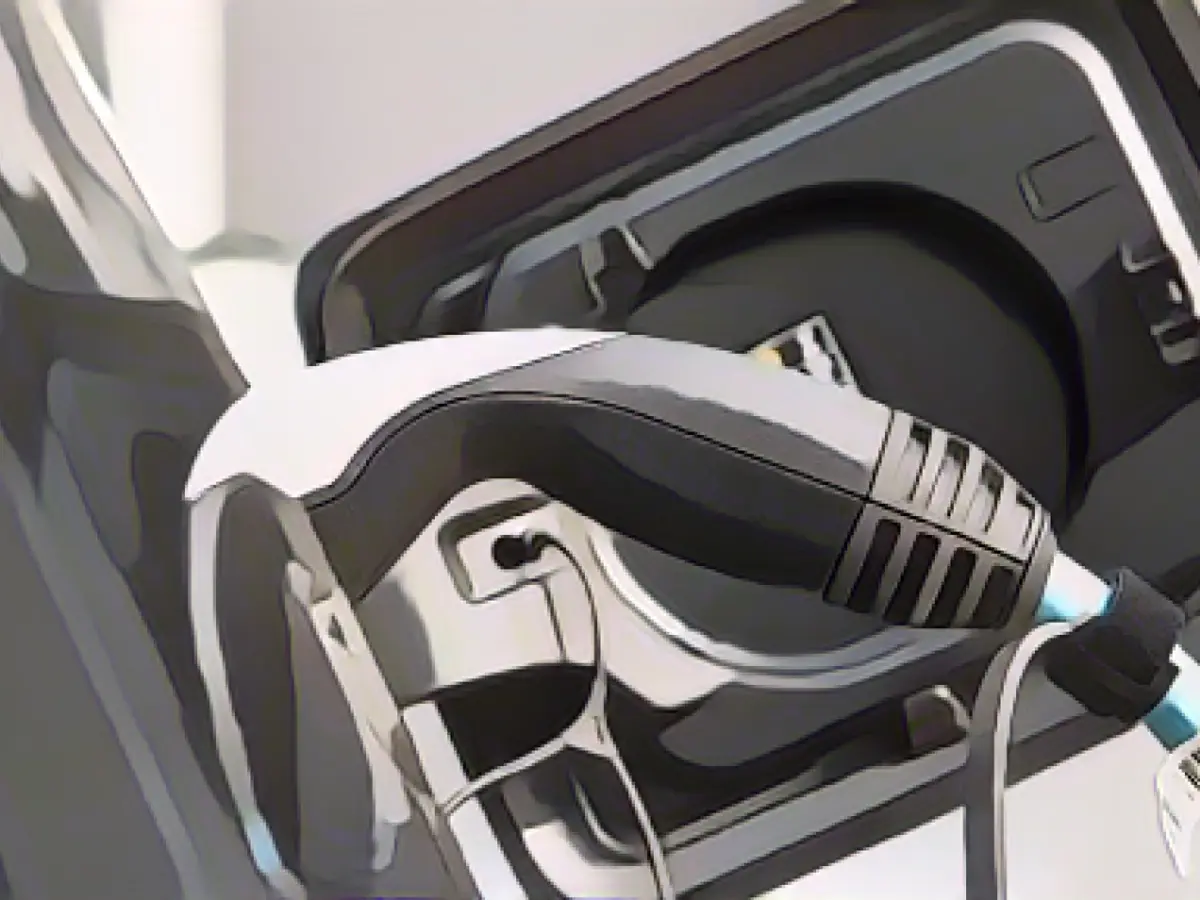Fewer Quantum Leaps in German Auto Startups
New research shows that there aren't many successful startup ventures in Germany's automotive sector. The study, commissioned by the German Startup Association and the neu/wagen transformation network, revealed that the automotive industry accounts for 3.5% of the country's GDP – a substantial figure, but one dwarfed by the US, which spends triple the amount per capita on auto startups. This disparity indicates a stronger focus on innovation in the United States. Even Asian countries like China and India are making great strides.
Germany's Automotive Innovation Gap
This study underscores a potential concern: that Germany might lose its place at the forefront of automotive innovation. The biggest investments over the past few years have occurred in the US and Asian start-up ecosystems, with just one European company, Northvolt from Sweden, breaking into the top five in the global mobility start-up rankings.
Hardware vs. Software: The Divide
The findings also reveal that the majority of startups in the German automotive sector fall under the software category (about 19%), with hardware being a far less significant area (about 11%). This further highlights the potential for Germany to improve its investments in this critical sector.
The Silver Lining: Collaboration & Location
Despite these challenges, the study highlights the benefits of collaborations with established companies in traditional automotive hubs like Hanover/Hildesheim. The presence of companies like Volkswagen Group and Continental in these regions has proven to be particularly fruitful and could serve as a strong foundation for future collaborations.
The Path to Recovery: Emphasizing Hardware Investments
To maintain its competitive position in the automotive industry, Germany must prioritize investments in hardware startups, focusing on areas like electric vehicles, battery technology, and sustainable materials.
To power this growth, Germany could capitalize on various incentives and programs, including grants, tax credits, and direct subsidies for electric vehicles and charging infrastructure. Collaborative projects with both domestic and international partners can also speed up innovation and create economies of scale.
Germany needs to be proactive in fostering its automotive start-up ecosystem to remain competitive with the US and Asian markets. By combining strategic initiatives and incentives, Germany can build a strong foundation for growth in the hardware sector and maintain its position as a world leader in automotive innovation.
Source:
Enrichment Insights:
- To boost its innovation edge in the hardware sector, Germany can take advantage of government funding opportunities like grants and tax credits (over 50% for R&D, up to €2.5 million annual tax credits, direct subsidies for infrastructure and EVs).
- Germany's focus on systematic funding programs (InvestEU, KMU-innovative, and ZIM) can support innovation in various industries, especially for small & medium-sized enterprises (SMEs).
- Infrastructure development (charging infrastructure, fiber-optic expansion) can attract companies focused on electromobility and digitalization, making Germany a more attractive destination for innovative projects.
- Regulatory support (e.g., compliance with EU battery standards) ensures that startups adhere to strict environmental standards, which can be expensive but provide long-term benefits.
- Collaborative projects (joint ventures and collective projects) can foster economies of scale and accelerate innovation, as proven in the automotive sector's focus on battery technology and charging solutions.
- Talent attraction and training initiatives can help startups access a skilled workforce required for advanced technologies.
- Investment in innovative technologies (solid-state batteries, vehicle-to-grid systems) could position Germany as a leader in energy storage solutions and software for renewable energy management.








